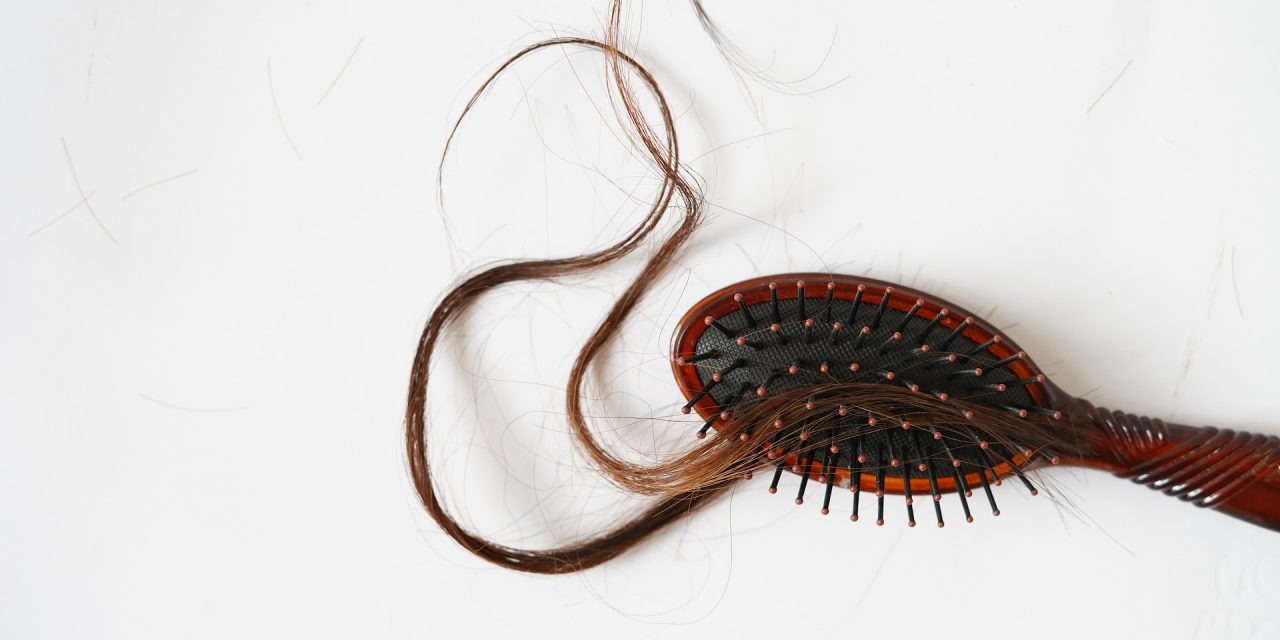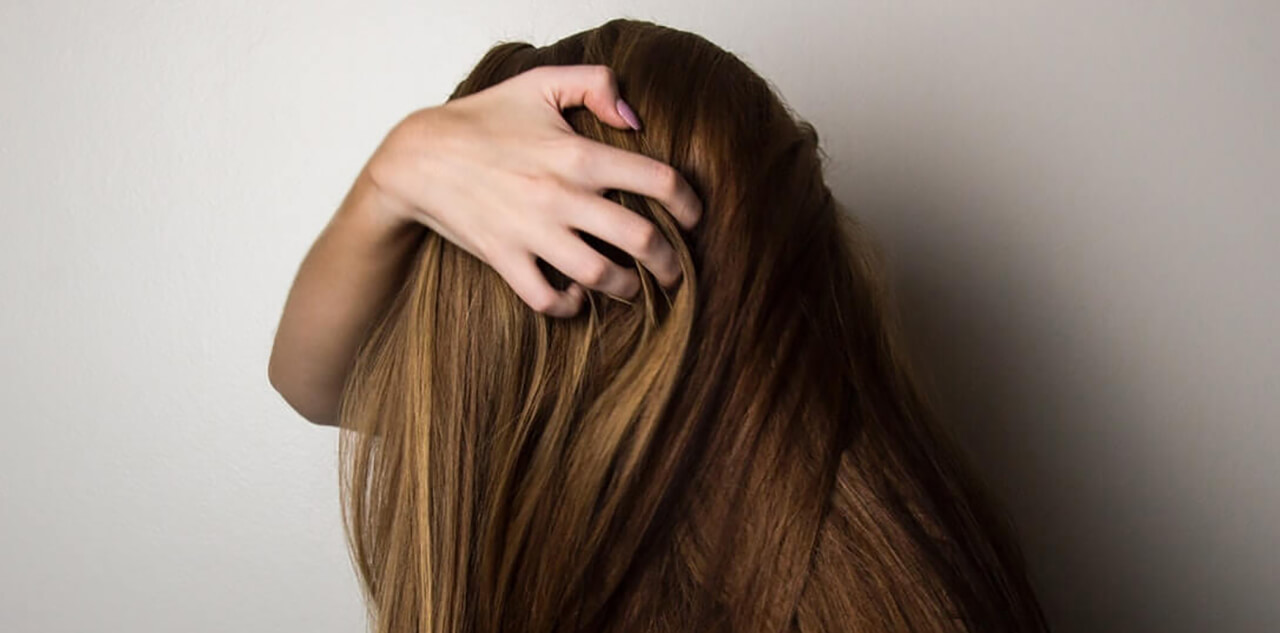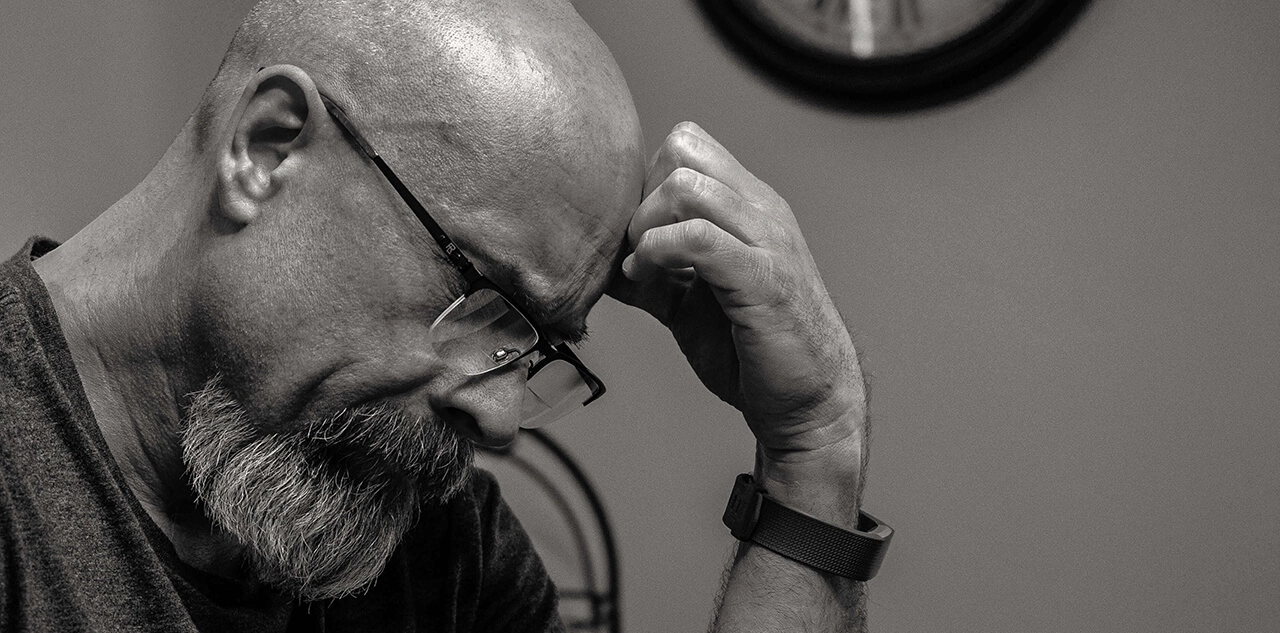Hair loss, also known as alopecia, is a common condition that affects many people around the world. While it can be distressing, understanding the causes of hair loss can help you find a solution.
Here are some of the most common causes of hair loss:
Genetics: One of the main causes of hair loss is genetics, also known as male or female pattern baldness. This type of hair loss is inherited from your parents and tends to be more common in men, although it can also affect women.
Hormonal changes: Hormonal changes, such as those that occur during pregnancy, menopause, or when taking certain medications, can cause hair loss.
Medical conditions: Certain medical conditions, such as thyroid problems, iron deficiency, and autoimmune disorders, can lead to hair loss.
Medications: Some medications, such as those used to treat cancer, high blood pressure, and depression, can cause hair loss as a side effect.
Stress: Stress and trauma, such as surgery or a significant loss, can cause hair loss. This type of hair loss is usually temporary and the hair will grow back once the stress has passed.
Poor nutrition: A diet lacking essential nutrients can lead to hair loss. This is because hair requires a range of vitamins and minerals to stay healthy.
Aging: As we age, it’s natural for hair to become thinner and for hair loss to occur. This is due to a decrease in the production of certain hormones and changes in the hair follicle.
There are various treatments available for hair loss, depending on the cause. These may include medications like minoxidil and finasteride or natural remedies such as essential oils and scalp massage. In some cases, a change in diet or lifestyle may be necessary to address the underlying cause of hair loss.
It’s important to speak to a healthcare professional if you are concerned about hair loss, as they can help you determine the cause and recommend the most appropriate treatment.
Genetics:
Male and female pattern baldness is the most common cause of hair loss and is caused by a combination of genetics and hormones. In men, this usually presents as a receding hairline and thinning on the crown, while in women it tends to be more diffuse and affects the entire scalp. The hair loss is caused by a sensitivity to the hormone dihydrotestosterone, which causes the hair follicles to shrink and eventually stop producing hair.
Hormonal changes:
Hormonal changes can cause hair loss due to a variety of factors. For example, during pregnancy, high levels of certain hormones can cause the hair to grow faster and thicker. However, after giving birth, these hormone levels drop and the hair may shed more than usual, a condition is known as postpartum hair loss. Similarly, menopause and the use of certain medications, such as birth control pills, can also cause hormonal imbalances that lead to hair loss.
Medical conditions:
A number of medical conditions can cause hair loss, including thyroid problems, iron deficiency, and autoimmune disorders. Thyroid problems, such as an overactive or underactive thyroid, can disrupt the body’s hormonal balance and lead to hair loss. Iron deficiency, or anemia, can cause hair loss because the hair follicles do not receive enough nutrients to support healthy hair growth. Autoimmune disorders, such as lupus and alopecia areata, can cause the body’s immune system to attack the hair follicles, leading to hair loss.
Medications:
Some medications, such as chemotherapy drugs, blood thinners, and antidepressants, can cause hair loss as a side effect. This is because these medications can alter the hair’s growth or cause the hair follicles to become damaged. The hair loss is usually temporary and will grow back once the medication is stopped.
Stress:
Stress and trauma can cause hair loss due to a condition known as telogen effluvium. This is when the hair enters the resting phase of the hair growth cycle and falls out more quickly than usual. The hair loss is usually temporary and will stop once the stressor has been resolved.
Poor nutrition:
A diet lacking in essential nutrients, such as proteins, vitamins, and minerals, can lead to hair loss. Hair is made up of a protein called keratin, so it is important to ensure that you are getting enough protein in your diet to support healthy hair growth. In addition, hair requires a range of vitamins and minerals, such as iron, zinc, and vitamin D, to stay healthy. A deficiency in any of these nutrients can lead to hair loss.
Aging:
As we age, it’s natural for hair to become thinner and for hair loss to occur. This is due to a decrease in the production of certain hormones, such as estrogen and testosterone, and changes in the hair follicle. In addition, the scalp becomes less oily with age, which can contribute to dry, brittle hair.
Is there a cure for Common causes of hair loss?
There is no one-size-fits-all cure for hair loss, as the cause of the hair loss will determine the appropriate treatment. However, there are various treatments available that can help to stop or slow down hair loss and promote new hair growth. Here are some options for common causes of hair loss:
Genetics: Male and female pattern baldness is caused by a combination of genetics and hormones and cannot be completely cured. However, there are medications, such as minoxidil and finasteride, that can help to slow down hair loss and promote new hair growth. These medications are most effective when used early on in the hair loss process. Hair transplant surgery is another option for people with severe hair loss, but it is expensive and requires multiple sessions.
Hormonal changes: Hormonal changes, such as those that occur during pregnancy or menopause, can cause temporary hair loss. In these cases, the hair loss is usually self-correcting and will stop on its own once the hormonal changes have stabilized. In the meantime, you can try using gentle shampoos and avoiding heat styling to help protect your hair.
Medical conditions: If hair loss is caused by a medical condition, such as a thyroid problem or iron deficiency, treating the underlying condition will usually help to resolve the hair loss. Your healthcare professional may prescribe medications or recommend dietary changes to address the underlying cause of hair loss.
Medications: If hair loss is a side effect of medication, switching to a different medication or adjusting the dosage may help. However, it is important not to stop taking your medication without consulting with your healthcare professional, as doing so can have serious consequences.
Stress: If hair loss is caused by stress or trauma, the hair loss is usually temporary and will stop once the stressor has been resolved. In the meantime, you can try stress-reducing techniques, such as exercise, meditation, or counseling, to help manage your stress levels.
Poor nutrition: If hair loss is caused by a deficiency in essential nutrients, improving your diet and increasing your intake of proteins, vitamins, and minerals may help to promote healthy hair growth. Your healthcare professional may also recommend supplements to address any deficiencies.
Aging: While hair loss due to aging is a natural part of the aging process, there are things you can do to help maintain the health of your hair. These include using gentle shampoos and avoiding heat styling, as well as getting regular trims to prevent split ends. In addition, taking good care of your overall health, such as by exercising and eating a healthy diet, can help to support healthy hair growth.
Summary of common causes and potential cures for hair loss:
Genetics: Male and female pattern baldness is the most common cause of hair loss and is caused by a combination of genetics and hormones. There is no cure for this type of hair loss, but medications such as minoxidil and finasteride can help to slow down hair loss and promote new hair growth. Hair transplant surgery is another option, but it is expensive and requires multiple sessions.
Hormonal changes:
Hormonal changes, such as those that occur during pregnancy or menopause, can cause temporary hair loss. In these cases, the hair loss is usually self-correcting and will stop on its own once the hormonal changes have stabilized. Gentle shampoos and avoiding heat styling can help to protect the hair.
Medical conditions:
Treating the underlying medical condition, such as a thyroid problem or iron deficiency, will usually help to resolve hair loss caused by these conditions. Medications or dietary changes may be necessary to address the cause of hair loss.
Medications:
If hair loss is a side effect of medication, switching to a different medication or adjusting the dosage may help. However, it is important to consult with a healthcare professional before stopping any medication.
Stress:
Hair loss caused by stress or trauma is usually temporary and will stop once the stressor has been resolved. Stress-reducing techniques, such as exercise, meditation, or counseling, can help to manage stress levels.
Poor nutrition:
Improving your diet and increasing your intake of proteins, vitamins, and minerals may help to promote healthy hair growth if hair loss is caused by a deficiency in essential nutrients. Supplements may also be recommended to address any deficiencies.
Aging:
While hair loss due to aging is a natural part of the aging process, using gentle shampoos and avoiding heat styling, as well as getting regular trims to prevent split ends, can help to maintain the health of your hair. Taking good care of your overall health, such as exercising and eating a healthy diet, can also support healthy hair growth.
It’s important to note that not all treatments are effective for all causes of hair loss.
It’s best to speak with a healthcare professional to determine the cause of your hair loss and find the most appropriate treatment.





